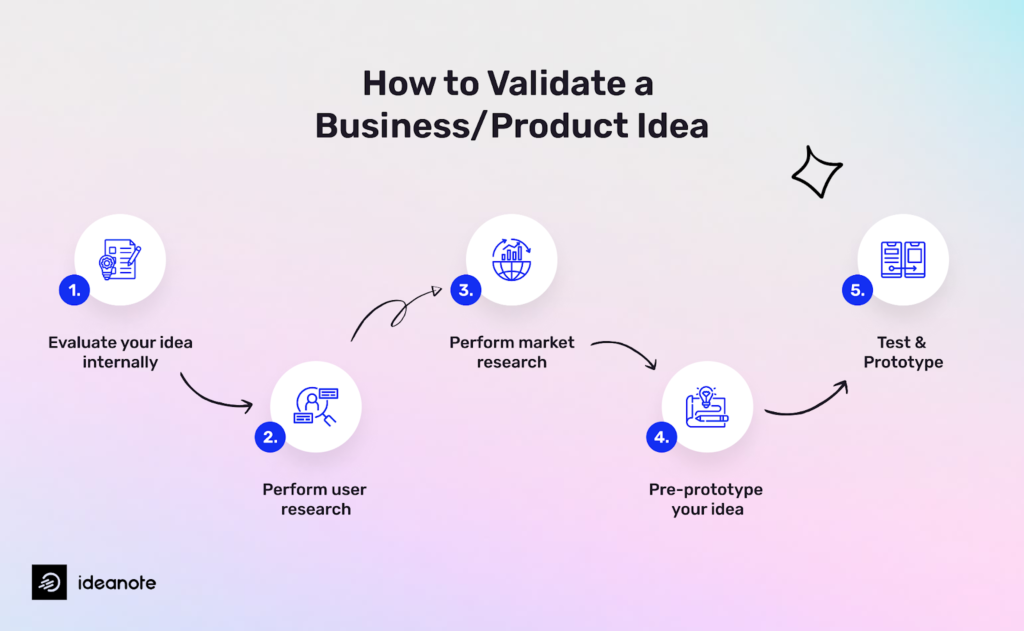In an earlier post we shared several ideas for online businesses and in the interim you may have come across so many more novel ones. In this post, we help you determine which business is best suited for you.
How to determine the best business idea as a woman entrepreneur
Women can determine which online business to start by considering several key factors that align with their strengths, goals, and market demand. Here’s a guide to help with the decision:

1. Assess Your Skills and Interests
- Passion: Always go with what you are most passionate about. It will keep you motivated enough to have thought through how you’d go about planning your success trajectory, building plans for exigencies, and using setbacks to bolster yourself into a more sound preparedness.
- Skills: It’s always a better idea to leverage what you’re already good at. Identify your key strengths, realize that you may need to shine them a bit or plainly said upskill to make it worthy of pulling a business through. Whether you are good at writing, design, or problem-solving, leverage what you are good at.
- Experience: Give your professional or personal experience a good go-over. Understand what industries or hobbies are you familiar with that have the potential of turning into a business. You could think of making a list of your hobbies, interests, and professional skills. This will help you find where they intersect with potential business ideas.
Tip: Journal your dreams and aspirations and create a vision board along with your strengths and weaknesses. Maintain updates of the same as they start to fructify.
2. Evaluate Market Demand
- Research Trends: With so much technology at your disposal, you could begin anywhere to find what will work for you. Tools like Google Trends, social media, or industry reports can help you research what’s trending in your areas of interest. In fact, the information about the options can be so overwhelming that you may have to set down some parameters to narrow down your choices.
- Customer Needs: An astute businessman will begin from where others choose to give up – yes, problems. Identify problems you can solve for others. Some of the best business ideas stem from addressing a gap in the market. That gap is ‘need’ and a redressal could be your window to setting up a flourishing business.
- Competition Analysis: Look at similar businesses, and then look at what difference you can bring into the sameness. Are there gaps you can fill, or can you offer something unique that your competitors don’t? In the end, it boils down to marketing the usual goods with a twist that gets you your niche’ market.
Tip: Look for emerging trends or underserved markets that match your skills.
3. Consider Your Lifestyle and Time Commitment
- Flexibility Needs: Take a good look at where you stand in life – are you ready to plunge headlong into your business venture or are there family commitments that you may have to keep coming back to. If so, think of working with a team that can take on your responsibilities when you are pressed for time. Ventures that are singularly dealt with may not be possible until you are weaned of some of your other responsibilities. Allow yourself that time to make any venture – big or small, a success.
- Work-Life Balance: Freelancing work allows for more flexibility, while others like e-commerce stores, may require more time initially. In order to get your balance, think of how much time you are ready to devote in terms of having a business that you can pursue in flexible hours, or something that would require regular check-in’s and out, and more hours.
- Scalability: Think ahead about the scalability of your business model. Can it be automated or outsourced as it expands? Even the most unique ideas run out of steam after a point until refreshed with something different and new. Will you grow or hit a plateau and go down under?
Tip: Choose a business that fits your current lifestyle while providing room to grow.
4. Assess Startup Costs and Financial Goals
- Budget: Always keep in mind the capital you have for starting your business. Businesses, like coaching or freelance services, have low startup costs. Product-based businesses may require more investment.
- Income Potential: Define your financial goals to yourself. Do you want a side hustle for extra income or a full-time venture that replaces your current job? In the end, a business does translate to making money as well. You have to decide what you are happy to settle for.
- Monetization: Do some research on clear ways to make money, whether through sales, services, or affiliate commissions. Go with what works best for you and aligns with your core skills.
Tip: Start with a business model that allows for gradual financial growth, especially if you’re new to entrepreneurship.
5. Identify Your Target Audience
- Who are your customers: Evaluate your audience. Are they local, national, or global? Find out what they seek and value. Adapt your business to the needs of your target audience.
- How will you reach them: Think of the many ways in which you will market to your target audience. Will you use social media, develop a website, or other platforms? Anything that you side with will have its own set of modalities to look into, and will require an adequate amount of research for paid advertisements, getting an expert to design your website, and so on and so forth.
Tip: Validate your business idea by testing it with potential customers or through surveys to ensure there’s interest.
6. Leverage Your Network and Resources
- Existing Network: ‘Find your tribe’ and ‘Grow your tribe’. Consider if you already have a network or community that can support your business idea. It will require you to reach out and build yourself one, and then be a proactive part of the same.
- Mentorship: Don’t hesitate to ask for advice, or seek mentorship from other women entrepreneurs who’ve built similar businesses. They offer market insights like no other and can help buffer setbacks.
Tip: Reach out to your network for feedback or potential partnerships that could strengthen your business launch.
7. Evaluate Risks and Challenges
- Potential Challenges: A good businessman would have spent time on its blueprint. Consider the risks involved, such as competition, market volatility, or technical challenges. The market is very aggressive and what is a novelty this moment has a million copies the very next. See how you will leverage your business to stand stellar and unique when so many of its kind mushroom in the market.
- Risk Tolerance: Business models like consulting or freelancing, have lower risk, while product- based businesses may involve more financial risk. Start small before committing large resources. Viability tests are a good strategy to minimize losses.
Tip: Start small to test the viability of your idea before committing large resources.
8. Follow Your Long-Term Vision
- Future Goals: When thinking of starting a business, think where you’d like to be in 5-10 years from now. Are you ready for the rigors of a scalable business, or do you prefer something small and manageable or perhaps something you’d like to incubate and sell for profit.
- Personal Values: Find yourself a business that aligns with your personal values and lifestyle aspirations. If you like the slow life, choose your vocation accordingly, and if you like challenges and a lot of bustle, go for it. At no point in time should it feel like you are in the wrong place.
Tip: Find the middle ground that lets you explore new ideas while you’re running the current business to keep your interests engaged.
Conclusion
We know starting an online business is easier said than done.
That’s why we’re soon going to start hosting workshops that will help you take the smallest of your ideas to a success on your vision board.
To stay up-to-date with all our workshops, stay connected with us by subscribing to the blog.


